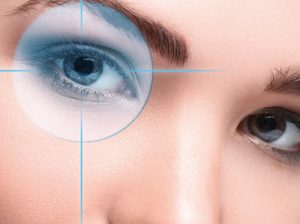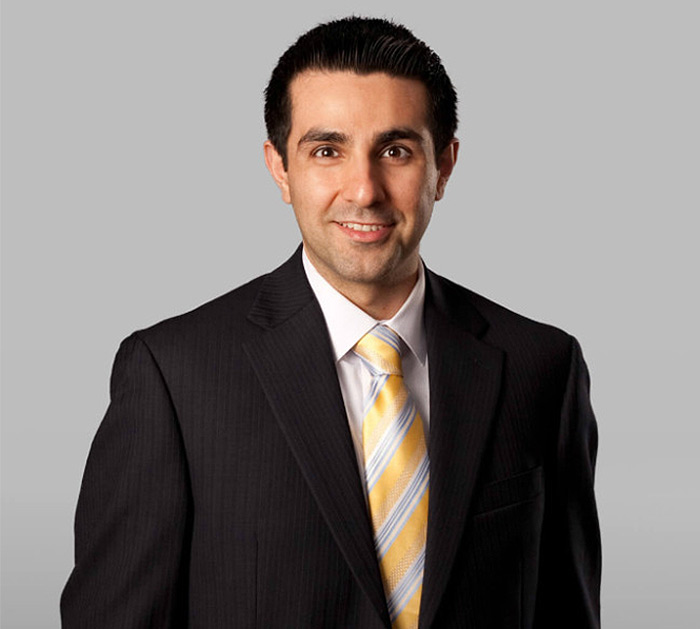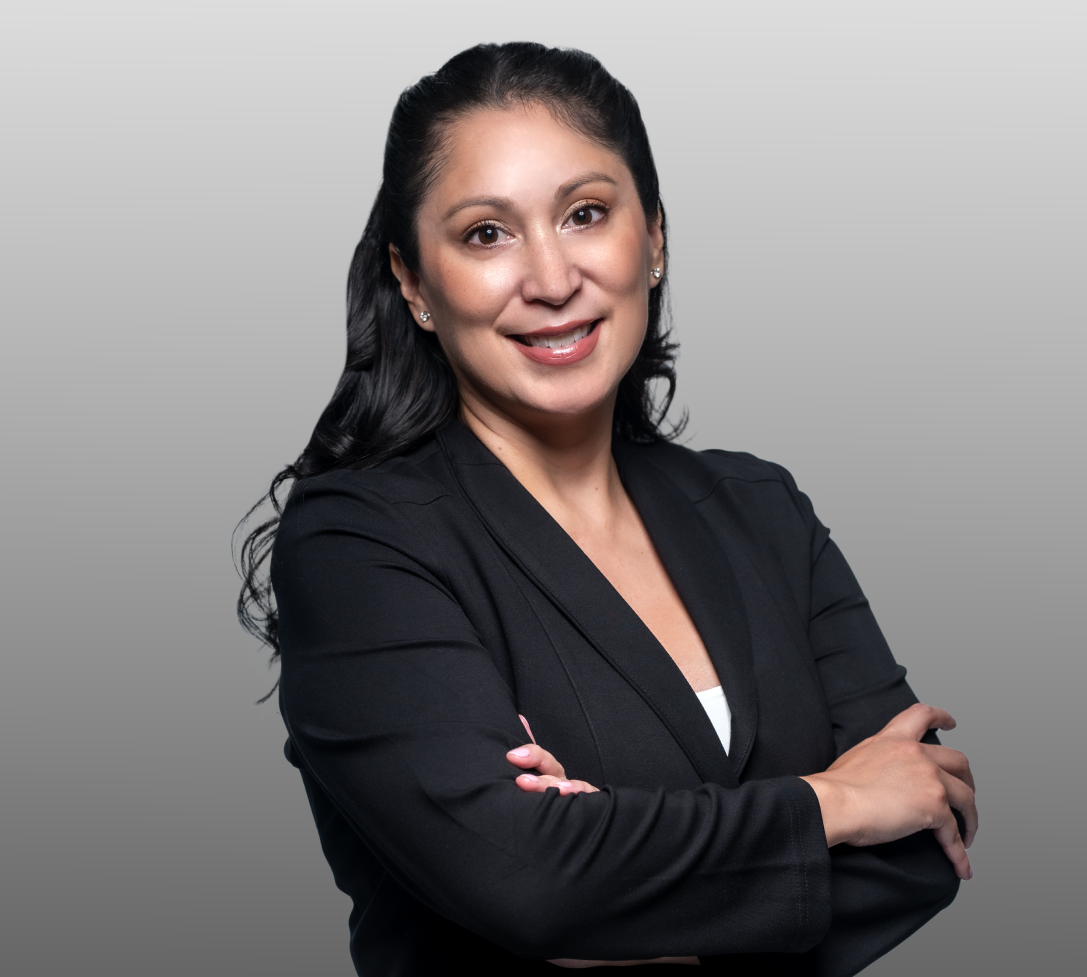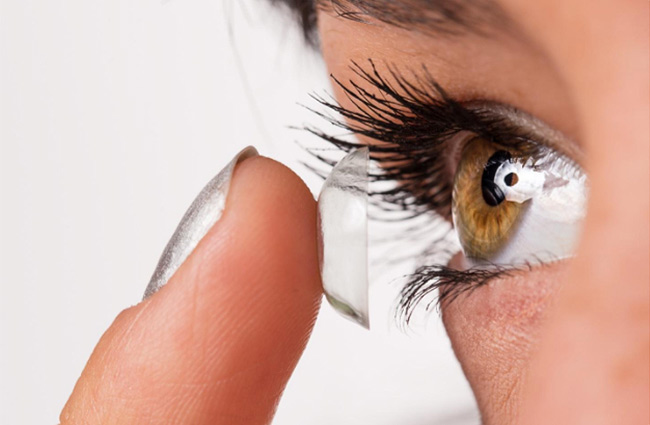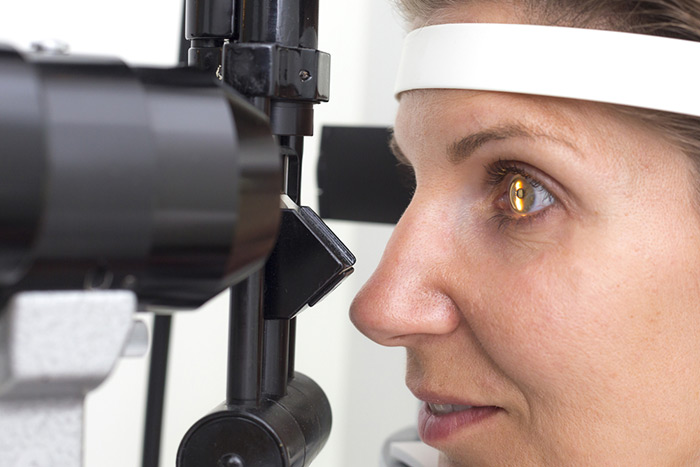If it’s your first time ordering online, please sign up as a new patient then log in to order.
Having trouble ordering? We are here to help you!
If you don’t have a copy of your prescription, then don’t hesitate to contact us.
Call us at (301) 591-1763 or email us at info@voeyedr.com to assist you further with your order.
Not only do we offer competitive pricing on contact lenses, we also offer the following benefits when you purchase a year supply of contact lenses with us:
- Exclusive manufacture rebates for extra savings, in addition to competitive pricing
- Free trial lens replacement for any torn or defective lenses
- Free shipping on a one-year supply of contacts
- Ability to return unopened and non-expired boxes
Si es la primera vez que realiza un pedido en línea, regístrese como paciente nuevo y luego inicie una sesión para realizar el pedido.
¿Tiene problemas para ordenar? ¡Estamos aquí para ayudarle!
Si no tiene una copia de su receta, no dude en contactarnos.
Llámenos al (301) 591-1763 envíenos un correo electrónico a info@voeyedr.com será un placer ayudarlo.
Ofrecemos precios competitivos en lentes de contacto, y por la compra de un suministro anual recibirá beneficios adicionales, tales como:
- Además de nuestros precios competitivos, la casa de manufactura ofrece reembolsos exclusivos
- En caso de que sus lentes se rompan o tenga defectos de fabricación, le otorgaremos lentes de prueba gratis
- Envío gratis con la compra de un suministro anual de lentes de contacto
- Posibilidad de devolución si las cajas están sin abrir y no estén caducadas
Why have regular eye exams?
Eye diseases and abnormalities can be effectively treated if detected early, so it is important to make sure you visit us annually for your eye exam.
After your exam in one of our Washington, DC-area offices, our optometrist will be happy to discuss their findings, talk over any issues or concerns you may have, and answer questions about available treatments. Should you need contacts or glasses, your doctor and our opticians will discuss what will work best with your lifestyle needs. We have three optical shops that offer a wide selection of frames for glasses, including many name brands and a variety of disposable and specialty contact lenses.
Vision Disorders — We can help!
Myopia (Nearsightedness)
Nearsighted individuals typically have problems seeing well at a distance and are forced to wear glasses or contact lenses. The nearsighted eye is usually longer than a normal eye, and its cornea may also be steeper. Therefore, when light passes through the cornea and lens, it is focused in front of the retina. This will make distant images appear blurred.
Eye glasses, contact lenses and there are several refractive surgery solutions available to correct nearly all levels of nearsightedness.
Learn more about myopia here.
Hyperopia (Farsightedness)
Farsighted individuals typically develop problems reading up close before the age of 40. The farsighted eye is usually slightly shorter than a normal eye and may have a flatter cornea. Thus, the light of distant objects focuses behind the retina unless the natural lens can compensate fully. Near objects require even greater focusing power to be seen clearly and therefore, blur more easily.
LASIK, Refractive Lens Exchange, and contact lenses are a few of the options available to correct farsightedness.
Astigmatism
Asymmetric steepening of the cornea or natural lens causes light to be focused unevenly, which is the main optical problem in astigmatism. To individuals with uncorrected astigmatism, images may look blurry or shadowed. Astigmatism can accompany any form of refractive error and is very common.
Astigmatism can be corrected with glasses, contact lenses, corneal relaxing incisions, laser vision correction, and special implant lenses.
Keratoconus
Men and women with keratoconus typically present with myopia (nearsightedness) and astigmatism. Some are surprised to learn that they have keratoconus, which results in a thinning of the corneal tissue. This thinning, combined with the normal pressure from within the eye, causes the cornea to bulge, changing from round to cone-shaped and distorting vision.
At Visionary Eye Doctors, we are fortunate to have our optometrist, Babak Hosseini, OD, a contact lens fitting specialist for Keratoconus patients, and our fellowship-trained cornea specialist, Dr. J. Alberto Martinez, for the optimal treatment of this condition.
Do You Have Keratoconus? Symptoms of keratoconus may include:
- Vision changes such as double vision in just one eye
- Distortion of objects both near and far
- Halos or streaking around lights
- Difficulty driving due to blurry vision
Keratoconus causes a steepening of the corneal curve that happens gradually. As the cornea changes shape from round to more cone-like, vision deteriorates. In most cases, the changes in the cornea due to keratoconus begin in the teen years and stabilize at about 30 years of age. Patients are almost always left highly nearsighted with astigmatism.
The cause of keratoconus is unclear, although it is believed to be hereditary and environmental factors like allergens can worsen the condition. The changes from keratoconus may progress quickly or gradually; they may also stop altogether or continue over decades. It is not uncommon for keratoconus to present first in only one eye, however both eyes will eventually be affected.
Diagnosing keratoconus involves measuring the shape of the cornea, usually with corneal topography, which captures an image of the cornea in seconds.
Keratoconus Treatment Options
When glasses alone don’t do the trick, keratoconus is often treated with specialty contact lenses by Dr. Hosseini to improve your vision. Additionally, Dr. Martinez can help keratoconus patients to have clearer vision through the use of Intacs® inserts or corneal collagen crosslinking (CXL) treatments to strengthen your cornea. Ultimately, as the condition progresses, it may be necessary for a corneal transplant surgery using the latest techniques.
Presbyopia
Presbyopia is a condition that typically becomes noticeable for most people around age 45. In children and young adults, the lens inside the eye can easily focus on distant and near objects. With age, the lens loses its ability to focus adequately.
Although presbyopia is not completely understood, it is thought that the lens and its supporting structures lose the ability to make the lens longer during close vision effort. To compensate, affected individuals usually find that holding reading material further away makes the image clearer. Ultimately, aids such as reading glasses are typically needed by the mid-40s.
Besides glasses, presbyopia can be dealt with in a number of ways. Options include: monovision and multifocal contact lenses, monovision laser vision correction, and new presbyopia correcting implant lenses.
Contact Lens Exams
After a comprehensive eye and vision evaluation, our optometrists will discuss the variety of contact lens options with you to select the type that best fits your vision needs and lifestyle. Contact lenses need to be changed daily, weekly, biweekly, or monthly, depending on what type of lens you select.
In most cases, you’ll have the opportunity to try lenses on the same day as your exam. You can even go home with a few samples before making a final decision.
Offering all of the latest and greatest technologies, our doctors experience high levels of success fitting even the most difficult prescriptions. Contact lens technologies for dry eyes, for astigmatism, for keratoconus, and for clear vision without glasses at distance or near (bifocal lenses) have seen tremendous improvements in the past few years and are available at our practice.
We carry a wide variety of contact lenses for every need:
- Bifocal or multifocal lenses
- Colored or special-effect contacts
- Daily disposable lenses
- Extended wear soft lenses
- Toric lenses for astigmatism
- Rigid, gas permeable lenses
- Scleral lenses
- Lenses for dry eye
- Specialty lenses designed specifically for keratoconus
Patients are referred to Dr. Babak Hosseini for specialty lenses from eye care professionals throughout Maryland, DC, Virginia, and other states.
Solutions for Hard-to-Fit Contacts
Wearing contacts is not impossible if you suffer from one of the above conditions. You do need to meet with an eye care professional, however, and get prescribed contact lenses that are tailored to deal with your specific vision condition.
Gas permeable lenses are a good solution for patients who suffer from GPC or keratoconus. A GP lens will limit protein deposits from accumulating which will reduce GPC symptoms. It is also effective in containing corneal bulging and relieving pressure on the tissue for a keratoconus sufferer.
Toric lenses are useful for correcting astigmatism. Since the lens needs to align with the bulge it is correcting, toric lenses must not rotate in order to fit on the eye. They are typically custom-made to correct a specific astigmatism. For that reason, this type of lens takes longer to make and costs more than a traditional contact lens.
Bifocal and multifocal lenses can help remedy presbyopia. Monovision lenses are another option for presbyopia. This type of lenses can have one fitted for distance vision and the other for seeing close objects.
Medicated eye drops can be an effective solution for dealing with dry eyes. They will lubricate eyes enough to make contact lenses more bearable, although a punctual occlusion also must be done to plug the ducts in some extreme cases. GPC symptoms can also be lessened through medicated eyedrops. They flush out protein deposits and reduce inflammation.
Is the contact lens evaluation fee a separate fee from the comprehensive eye exam fee?
Contact lenses are medical devices that may have certain health implications if not prescribed correctly. Your doctor must invest additional time and expertise to determine which contact lenses are in a patient’s best vision and health interest, and there are additional fees for this service.
Hard-to-Fit Contacts
The one characteristic that sets Visionary Eye Doctors, specifically, Dr. Babak Hosseini, a Contact Lens Specialist, apart from other eye care practitioners is that he works with the challenge of prescribing the most difficult and hard-to-fit cases with our premium contact lens therapy service.
Patients are referred to Dr. Hosseini for specialty lenses from eye care professionals throughout Maryland, DC, Virginia, and other states.
Contact lenses are not an easy solution for every person suffering from vision problems. Some eye conditions make wearing contacts a difficult proposition. However, it does not rule out wearing contact lenses altogether. It just means patients need to discuss options with their eye care provider and obtain specialized, hard-to-fit contacts for their specific vision problems.
Reasons for Hard-to-Fit Contacts
Finding contact lenses that fit and wearing contact lenses in general can be made more challenging when these conditions affect your eyes:
Astigmatism
Astigmatism develops when the front of the eye curves into a bulge or oval shape. It causes blurred vision and can be difficult to correct because regular contacts cannot account for the bulging.
Dry eyes
When eyes become excessively dry, it leads to irritation, burning, redness and blurred vision. Contact lenses can exacerbate these conditions by making it feel like a foreign object is stuck in your eye.
GPC
This form of conjunctivitis is caused by inflammation on the inner surface of the eyelid. Protein buildup on contact lenses can make this condition worse.
Keratoconus
This is an uncommon condition that causes major discomfort when wearing contacts. Keratoconus happens when the cornea becomes thinner and allows the eye to bulge forward. The bulge forms into a cone shape.
Presbyopia
Eyes tend to have a tougher time focusing on close objects as they age. This condition is known as presbyopia. It typically affects people aged 40 or older.
When Was Your Last Eye Exam?
Whether your last eye examination was last year or in the last decade, our highly trained team of expert eye doctors at Visionary Eye Doctors can provide you with a comprehensive eye examination to help you stay (or get!) on track with your visual health. Call us today at (301) 591-1763, or click here to schedule your eye exam online.

